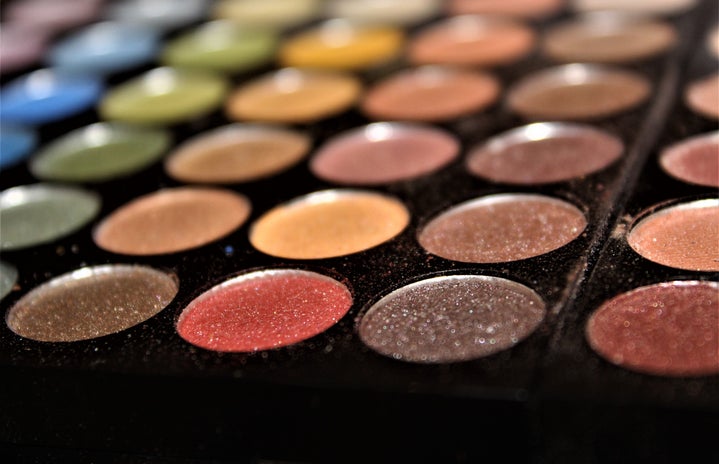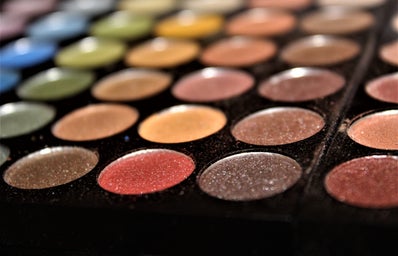By Rebecca Benitez
The first women’s razor, “Milady Décolleté” was released over a century ago in 1915 by King C. Gillette. It was a revolutionary razor that was guaranteed to “solve an embarrassing personal problem,” and start a new modern necessity of “good grooming” for every woman. Its goal was to “keep the underarm white and smooth.”
Suddenly women’s natural body hair was perceived as abnormal and humiliating, and an unrealistic beauty standard of hairless femininity was normalized in the West, through edited smooth skin.
Marketing strategies have since been no less shameful, showcasing in their commercials women with long skinny legs, holding razors to the invisible hairs on their seamless skin. Then they are admired by a male partner for it.
Although often a sign of strength in men, commercials don’t allow women the power of hair. Instead the media positions it as a problem, suggesting misleading concepts of what a typical, confident woman looks like: one without the growth of tufts on her skin that is completely natural and human. Any woman who fails to shave is undesirable and ads play onto this shame to get the consumer action they crave.
What’s worse, women are expected to pay more than men in terms of such basic personal care tools. According to a 2016 study conducted by ParseHub, women in Canada pay more than men by a whopping 43 per cent.
This is called pink tax, and Georgina Gooley, co-founder of the razor brand and subscription service Billie, thinks it’s wack too.
(Billie/Unsplash)
In an effort to provide more affordable shaving without the burden of pink tax, Billie’s starter kit currently features two five blade stainless steel razor blades and a convenient magnetic handle for the shower, all for $9 with free shipping, which is much more affordable than the higher-end brands.
As a part of a female empowerment brand, Gooley strives to emphasize body hair representation, which there is a severe lack of in media.
“When brands pretend that all women have hairless bodies, it’s a version of body shaming. It’s saying you should feel ashamed of having body hair,” she said in an interview with Glamour.
With her campaign Project Body Hair, Gooley challenges modern razor brands and the impractical body ideal of women that they perpetuate with a “deal with it” attitude by putting hair in the spotlight for once.
(Billie/Unsplash)
The campaign released a short video on YouTube that already sits at just over a million views. Shot by feminist photographer Ashley Armitage, real women of today are displayed, proud in all shapes and sizes with — gasp— body hair, whether it was on their legs, underarms, stomach, or between the eyebrows to the tips of toes. For the first time, zoom in shots are taken of razors gliding over actual body hair— and it’s nothing to be ashamed of.
Unlike most razor advertisements, Gooley allows her audience freedom of choice between shaving or not. She doesn’t force the idea that all women should have to shave to feel beautiful like a goddess, but merely views it as an option. The video ends with a simple statement: “If ever you want to shave, we’ll be here.”
Gooley also attempts to facilitate body hair representation and awareness of choice by donating free stock images of women with body hair to Unsplash, as well as crowdsourcing through the hashtag #projectbodyhair on social media for others to recognize, relate to, and spread their own images as well.
(Billie/Unsplash)
By normalizing the taboo of body hair, women don’t have to be victim to the distorted view of body image that is continuously reproduced in the media, and won’t have to suffer the pressure of hair removal that comes with it.
“Shaving is a personal choice, and no one should be telling women what to do with their hair,” Gooley tells Glamour. “The fact is, we all have body hair. Some of us choose to remove it, and some of us choose to wear it proudly — and either way, we shouldn’t have to apologize for our choice.”
Not only are Billie razors and products toxin, additive, and pink tax free, one per cent of all revenue goes to help other women causes around the world.
She says confidently, “We are unapologetic about being pro-women, and our customers really love that about us.”



